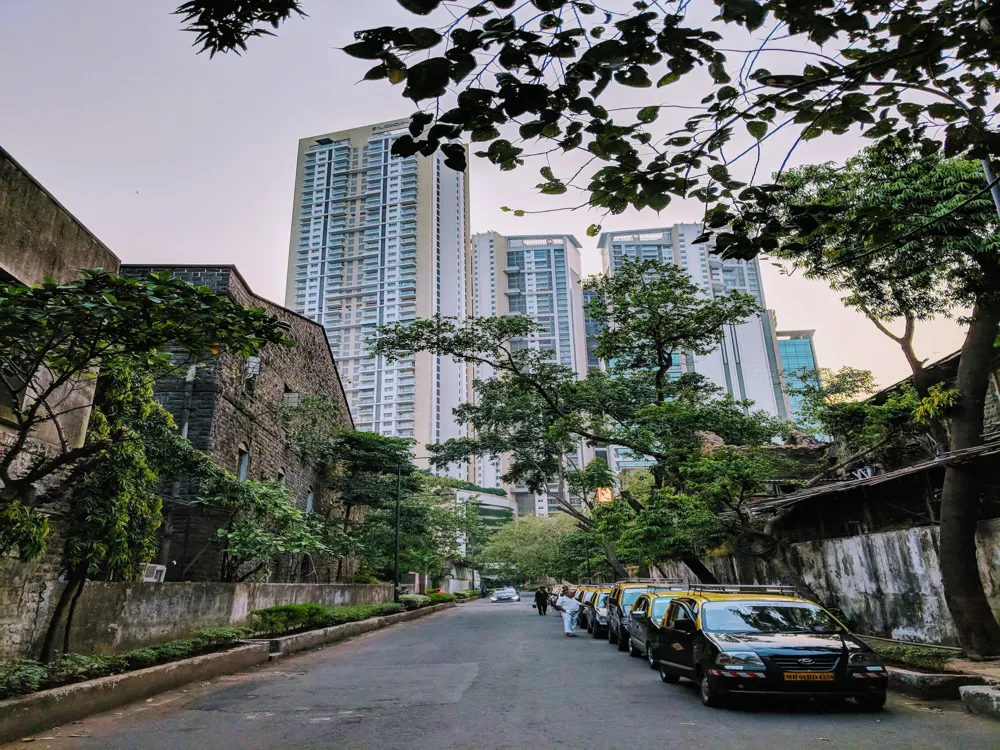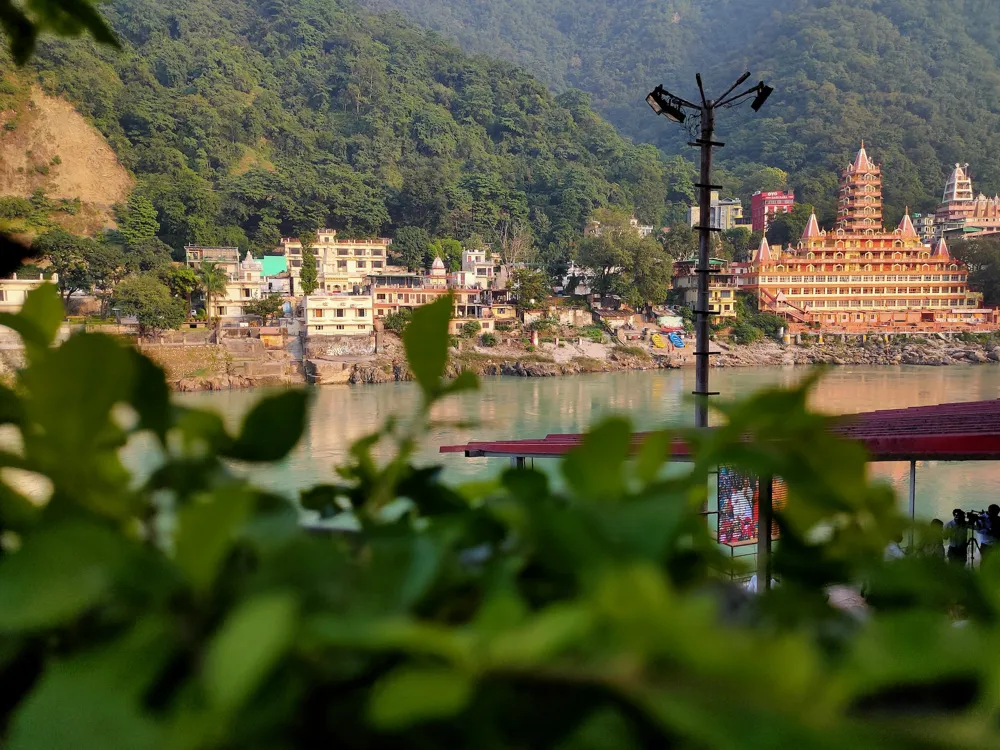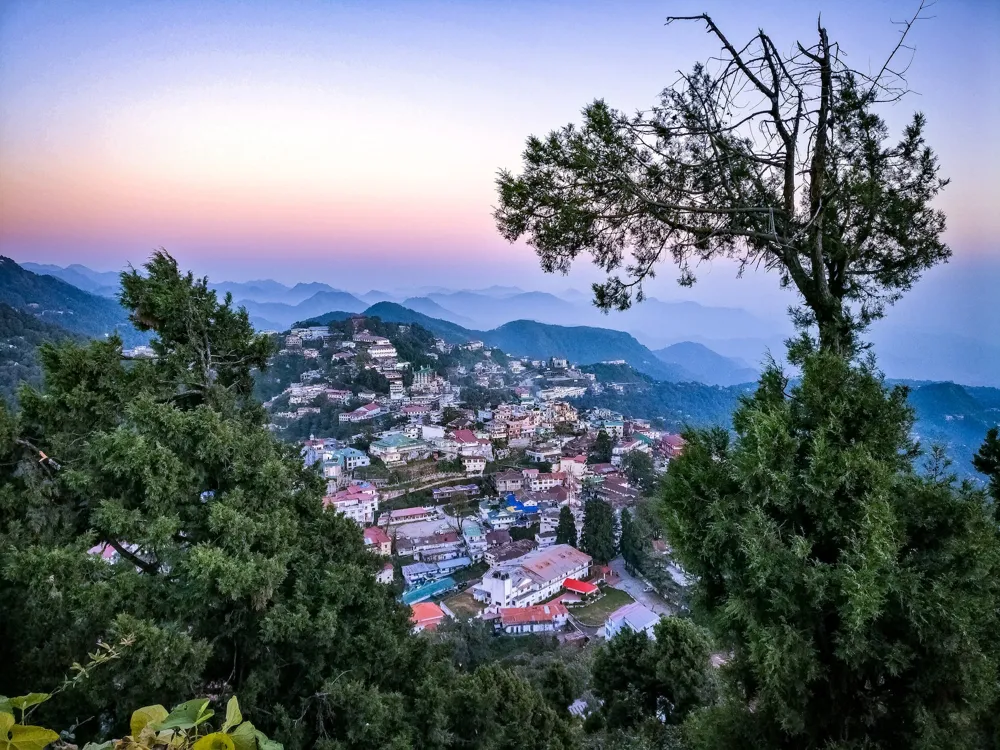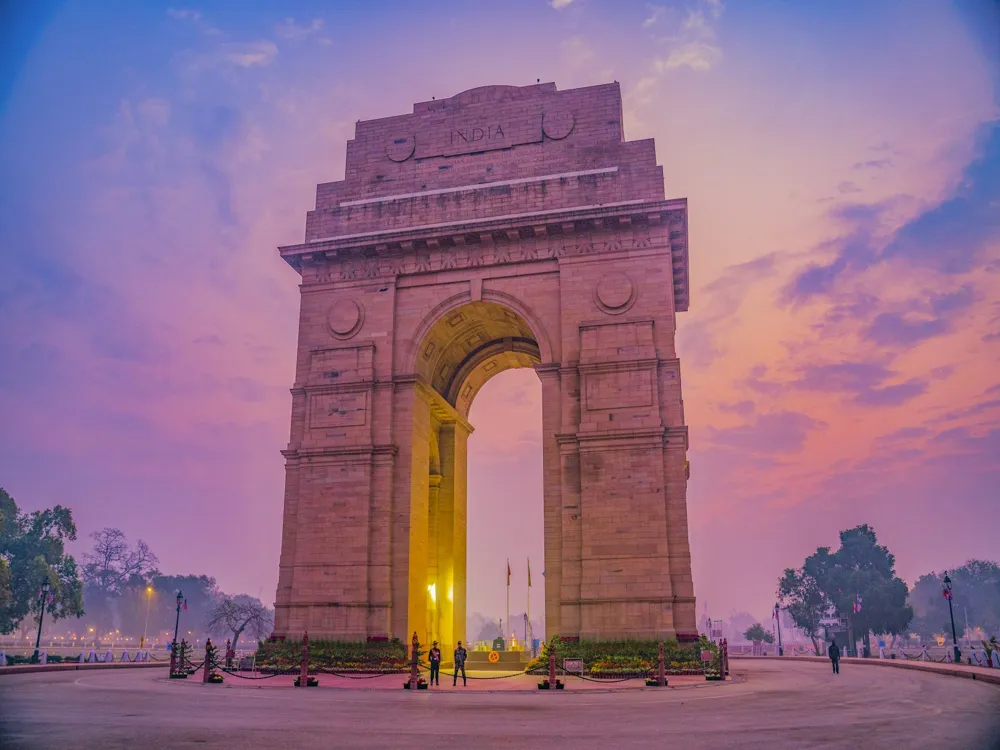Jambudweep Jain Tirth, located in Hastinapur, Uttar Pradesh, is a spiritual and architectural marvel, deeply revered in Jainism. Hastinapur, known as the city of wisdom in ancient Indian texts, has been a significant center for Jain culture and history. Jambudweep Jain Tirth, nestled in this historical city, is not only a place of worship but also a beacon of peace and spirituality. The Tirth, or pilgrimage site, attracts thousands of devotees and tourists yearly, who come to seek blessings and marvel at its serene beauty and architectural grandeur. The concept of Jambudweep, derived from Jain cosmology, represents the terrestrial world as perceived in Jain scriptures. This Tirth is unique as it symbolizes the cosmological aspects of Jainism through its intricate design and layout. The central theme of Jambudweep is to provide a tangible representation of Jain cosmology, enabling devotees and visitors to understand the complex philosophical concepts in a more accessible form. The site is not only a place of religious importance but also an educational hub, where one can learn about Jain philosophy, cosmology, and history. The importance of Jambudweep Jain Tirth in Hastinapur extends beyond its religious significance. It's a symbol of peace, harmony, and the deep-rooted spiritual heritage of India. The Tirth serves as a reminder of the rich cultural and religious diversity of the country and promotes the values of non-violence, truth, and compassion, which are central to Jainism. The architecture of Jambudweep Jain Tirth is a splendid amalgamation of spiritual symbolism and artistic brilliance. Designed to represent Jain cosmology, the Tirth features various structures that symbolize key aspects of the universe as described in Jain texts. The main complex is built in a circular fashion, representing the circular shape of Jambudweep as per Jain cosmology. At the center of the complex is a magnificent temple that houses beautifully carved idols of Jain Tirthankaras. This central temple is surrounded by smaller shrines and structures, each with its unique significance and design. The intricate carvings, detailed frescoes, and ornate sculptures in these structures depict various events and figures from Jain mythology, providing a visual narration of Jain religious stories. Another striking feature of the Tirth's architecture is the use of various symbols and motifs that are significant in Jainism. The use of lotus flowers, which symbolize purity and enlightenment, is prominent in the temple's design. The architectural style blends traditional Jain designs with modern architectural techniques, creating a space that is both ancient and contemporary. The use of marble and other high-quality materials in the construction gives the Tirth a serene and majestic appearance. The meticulous craftsmanship evident in the stone carvings and the overall construction of the complex is a testament to the skills of the artisans who built it. The architectural design not only serves a religious purpose but also stands as a piece of art, attracting architects and historians alike. Visitors are advised to dress modestly, covering shoulders and legs. Traditional Indian attire is preferred. This respects the site's religious significance and cultural norms. Photography might be restricted in certain areas, especially inside the temples. Always ask for permission before taking photos to respect the sanctity of the site. Consider taking a guided tour to better understand the site's history, architecture, and religious importance. Guides can provide insights that enrich your visit. Engage with the site respectfully. Follow any specific customs or practices, such as removing shoes before entering temples and maintaining silence in prayer areas. Eating non-vegetarian food and drinking alcohol is strictly prohibited on the premises. It's best to consume simple, vegetarian meals and avoid bringing outside food. Jambudweep Jain Tirth in Hastinapur is well-connected by road and is accessible from major cities in India. The nearest airport is in Delhi, from where you can take a taxi or bus to Hastinapur. Regular bus services from cities like Meerut and Muzaffarnagar are also available. For those preferring to travel by train, the nearest railway stations are located in Meerut and Garhmukteshwar. From these stations, taxis or local buses can be hired to reach the Tirth. For a more comfortable journey, hiring a private taxi or driving to the site is advisable. Read moreOverview of Jambudweep Jain Tirth, Hastinapur, Uttar Pradesh
Architecture of Jambudweep Jain Tirth
Tips for Visiting Jambudweep Jain Temple
Dress Appropriately
Photography Restrictions
Guided Tours
Respect Local Customs
Food and Beverages
How To Reach Jambudweep Jain Tirth
Jambudweep Jain Tirth
Hastinapur
Uttar Pradesh
NaN onwards
View hastinapur Packages
Hastinapur Travel Packages
View All Packages For Hastinapur
Top Hotel Collections for Hastinapur

Private Pool

Luxury Hotels

5-Star Hotels

Pet Friendly
Top Hotels Near Hastinapur
Other Top Ranking Places In Hastinapur
View All Places To Visit In hastinapur
View hastinapur Packages
Hastinapur Travel Packages
View All Packages For Hastinapur
Top Hotel Collections for Hastinapur

Private Pool

Luxury Hotels

5-Star Hotels

Pet Friendly





















